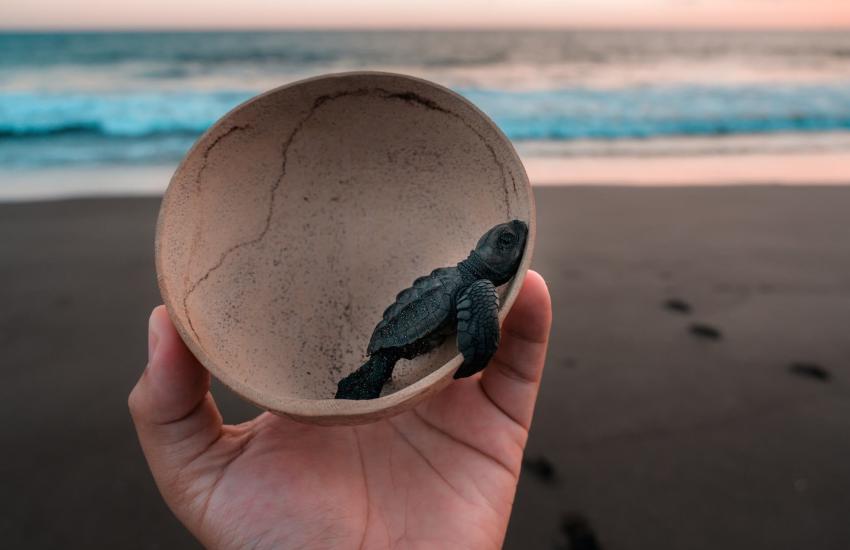Breadcrumb
-
Guidebook
-
Marine Conservation
-
Key Principles of Marine Conservation
Key Principles of Marine Conservation

Marine conservation principles serve as the framework for long-term and effective conservation efforts. The protection, restoration, and sustainable management of marine ecosystems and resources can be accomplished more successfully by adhering to them, which will help marine conservation.
Ecosystem-based Approach: Marine conservation should focus on the protection and preservation of entire ecosystems rather than individual species or habitats. Recognizing the interconnections of marine ecosystems ensures that conservation efforts consider the interactions and dependencies among different species and habitats. An ecosystem-based approach promotes the health and resilience of the entire ecosystem, leading to more effective and sustainable conservation outcomes.
Science-based Decision Making: Sound scientific research and evidence should underpin conservation strategies. Scientific knowledge helps identify priority areas for conservation, understand ecological processes, assess the impacts of human activities, and guide management actions. By integrating scientific expertise into decision-making processes, marine conservation can be more informed, adaptive, and effective.
Stakeholder Engagement and Collaboration: Collaboration amongst a variety of stakeholders is necessary for successful marine conservation, including government organizations, local people, NGOs, scientists, and business representatives. By involving stakeholders, you may encourage inclusive decision-making, increase support for conservation programs, and incorporate local knowledge and viewpoints. Collaboration among stakeholders makes it easier to create efficient management strategies, share resources, and coordinate conservation objectives.
Adaptive Management: Adaptive management techniques, which include monitoring, evaluating, and modifying strategies depending on fresh information and feedback, should be incorporated into conservation initiatives. The capacity to adjust and gain knowledge from the results of management efforts is essential since conservation is a continuous activity. The effectiveness and long-term viability of conservation activities are enhanced by adaptive management, which makes sure that efforts to conserve the environment stay sensitive to changing environmental conditions and emergent threats.
Conservation through Sustainable Use: Balancing conservation goals with the sustainable use of marine resources is important for achieving long-term conservation outcomes. This approach recognizes that human communities depend on marine resources for their livelihoods and well-being. Sustainable fishing practices, responsible tourism, and wise resource management can support both conservation and the socio-economic needs of coastal communities.
- Education and Outreach: Marine conservation is dependent on educating people and encouraging environmental management. People are helped by education and outreach initiatives to comprehend the value of marine ecosystems, the dangers they face, and the steps they can take to support conservation. Empowering communities, individuals, and future generations through education and outreach creates a broader movement toward marine conservation.

